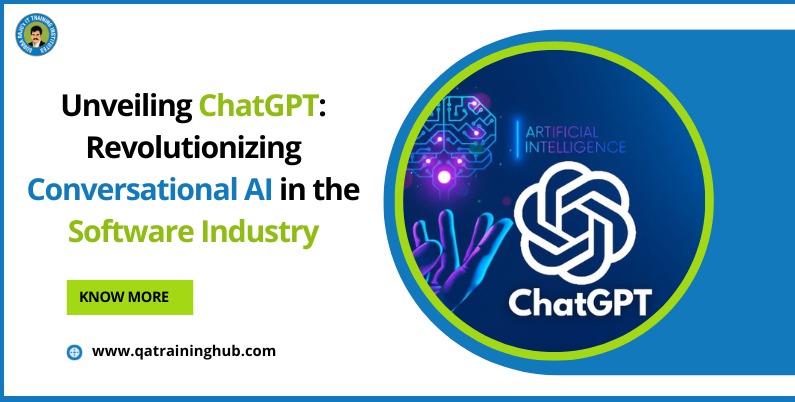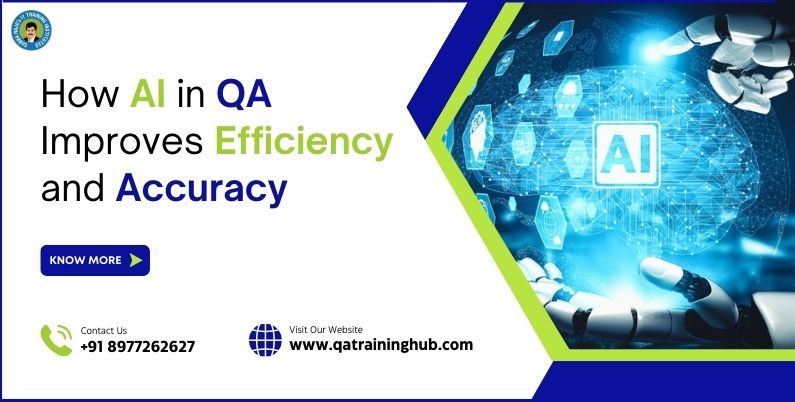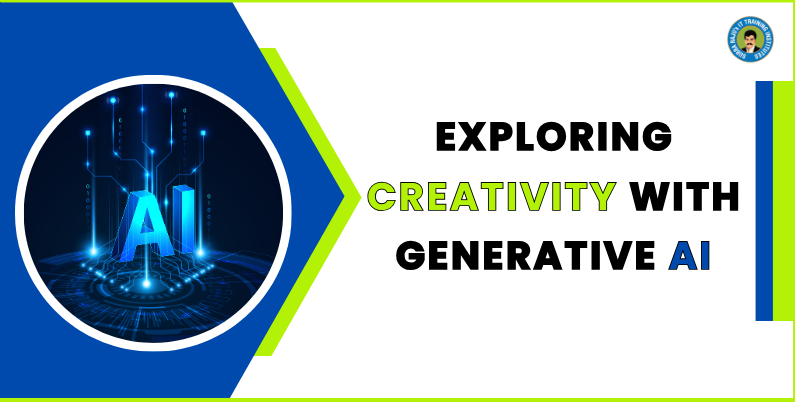Unveiling ChatGPT: Revolutionizing Conversational AI in the Software Industry

ChatGPT, an advanced conversational AI developed by OpenAI, has emerged as a groundbreaking technology that is revolutionizing the way we interact with computers and software systems. In this comprehensive article, we will delve into the intricacies of ChatGPT, discussing its importance, pros, and cons, its potential future in the software industry, and the challenges it presents.
Understanding ChatGPT
ChatGPT is a language model powered by GPT-3.5 (Generative Pre-trained Transformer 3.5), a highly advanced neural network-based model. It is trained using deep learning techniques on a massive dataset, enabling it to generate human-like text and engage in natural language conversations.
Importance of ChatGPT
ChatGPT holds immense significance in the software industry due to its potential to:
Enhance User Experience: ChatGPT can provide users with a more interactive and human-like experience when interacting with software applications, improving overall user satisfaction.
Aid Customer Support: Integrating ChatGPT in customer support systems can streamline responses to common queries, providing immediate assistance and improving efficiency.
Facilitate Decision-making: ChatGPT can assist professionals in decision-making processes by providing insights and suggestions based on the data provided to it.
Automate Tasks: It can automate various tasks, making processes more efficient and allowing human resources to focus on more complex and strategic activities.
Pros of ChatGPT
- Natural Language Processing (NLP):
ChatGPT excels in understanding and generating human-like text, enabling smooth and natural conversations, which is vital for an effective user interface. - Versatility and Adaptability:
ChatGPT can be tailored for various applications, making it a versatile tool in different domains, from healthcare to finance to customer service. - 24/7 Availability:
As a software entity, ChatGPT can operate 24/7, providing instant assistance and engagement to users regardless of the time of day. - Scalability:
ChatGPT can handle a vast number of users simultaneously, making it highly scalable to meet the needs of growing applications and user bases. - Cost-effective Customer Support:
By handling routine customer queries, ChatGPT can significantly reduce the cost of customer support for businesses. - Learning and Improvement:
ChatGPT can learn from its interactions and improve over time, enhancing its ability to generate more accurate and contextually appropriate responses.
Cons of ChatGPT
- Lack of Real Understanding:
ChatGPT does not possess true comprehension or understanding of the information it processes, which can sometimes lead to inaccurate or nonsensical responses. - Bias and Ethical Concerns:
ChatGPT may inadvertently generate biased or discriminatory content based on the biases present in the training data, raising ethical concerns. - Security Risks:
The usage of ChatGPT in sensitive domains like healthcare or finance raises security concerns due to the potential mishandling or leakage of sensitive information. - Dependency on Data:
The quality and relevance of ChatGPT’s responses are heavily dependent on the data it was trained on, limiting its effectiveness in some contexts.
Future of ChatGPT in the Software Industry
The future of ChatGPT in the software industry appears promising and transformative:
Integration into Applications:
ChatGPT will be seamlessly integrated into various applications, providing an interactive interface for users to navigate and utilize software functionalities.
Personalized User Experiences:
Through machine learning, ChatGPT will be able to personalize interactions, tailoring responses and actions based on user preferences and historical interactions.
AI-driven Decision Support Systems:
ChatGPT will be an integral component of AI-driven decision support systems, assisting professionals across diverse sectors in making informed decisions.
Cross-platform Integration:
ChatGPT will be integrated across multiple platforms and devices, ensuring a consistent and intuitive user experience.
Challenges in Implementing ChatGPT in the Software Industry
Despite its potential, the integration of ChatGPT poses several challenges:
Ethical Considerations:
Addressing biases and ensuring that ChatGPT operates ethically is a significant challenge, requiring constant vigilance and proactive measures.
Data Privacy and Security:
Safeguarding user data and ensuring data privacy is a critical challenge, especially when ChatGPT interacts with sensitive information.
Quality Assurance and Validation:
Verifying the accuracy and appropriateness of ChatGPT’s responses on a continuous basis is a non-trivial task, requiring ongoing validation efforts.
User Acceptance and Education:
Ensuring users understand the capabilities and limitations of ChatGPT is essential to manage their expectations and ensure effective utilization.
In conclusion, ChatGPT is a revolutionary technology that has the potential to reshape the software industry, improving user experiences, automating tasks, and aiding decision-making. However, challenges related to ethics, data privacy, quality assurance, and user education must be effectively addressed to maximize its benefits and ensure responsible and impactful integration in the software landscape. As the technology evolves, ChatGPT is poised to become an indispensable tool, enhancing human-computer interactions and driving innovation in the software industry.
Join QA Training Hub, best software QA training course in Hyderabad in order to master testing tools training courses. Contact now to know more.







